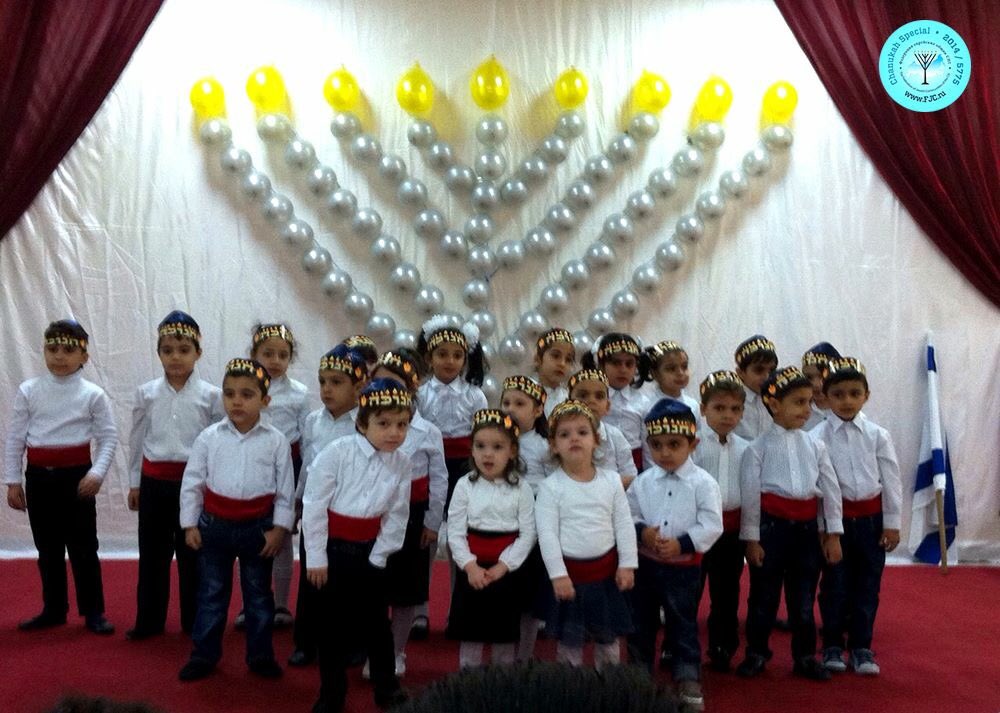I didn’t know Amos Oz, the Israeli literary giant who died of cancer on Friday at the age of 79. I only met him once, about 20 years ago, when he spoke at a local synagogue in Los Angeles. At the time, I had launched a spiritual magazine that promoted Jewish unity. When the person who introduced us mentioned that I was into Jewish unity, Oz quipped that in the Jewish world, “Unity means if you agree with me, then we’ll have unity.” The man had a sense of humor.
When I reflected more seriously on what he had said, that became the first thing I learned from Oz: Don’t dream the wrong dreams. Jewish unity may sound wonderful, but it is a pipe dream. It’s nebulous and naïve. Oz could dream, but he was a hard-nosed dreamer. He knew how the world worked; he knew that sharp disagreement was built into the human condition.
The second thing I learned from Oz came during the same conversation. “Disagreement is a good thing,” he told me, “until it turns into animosity. That I mind.” Here was a man of words drawing a red line for healthy discourse. He was telling us to disagree, yes, but disagree without anger, without rejection, without resentment. Twenty years later, when one sees the state of our communal discourse today, this red line resonates.
The third thing I learned from Oz is how to talk about the Holocaust. Six million Jews were not killed, he would say, “they were murdered.” When I heard him say that, I remember how he deviated from the theme of his talk to make a point about the difference between killing and murdering. It felt as if he had done so countless times. He was a man of words. He was telling us that you can’t truly honor the victims of the Holocaust without being clear and accurate about the kind of evil they encountered.
Another clear word from Oz helped me better understand the complicated Israeli-Palestinian conflict, which was the fourth thing I learned from him. “We need a divorce from the Palestinians,” he would say. It took me years to fully appreciate the essential truth of that idea. Oz had a reputation for being a lefty peacenik, but his concept of divorce had nothing to do with leftism or peace delusions. If anything, it recognized the hard reality of irreconcilable differences. Over the years, more and more Israel supporters have come to appreciate this reality.
Oz was bitterly opposed to some policies of the Israeli government, but he was a deep lover of the country he called home, the place he wrote about with such poignant lyricism. How did he reconcile this paradox? This is the fifth thing I learned from Oz—the art of loving something that can drive you nuts. “I love Israel even when I can’t stand it,” he would say. These are the words of a lover. When someone very close to us does something we deeply dislike, we “can’t stand it” precisely because we love them so much.
Oz knew how to love, how to express his love, and how not to let go of that love. Among the many things that will form his legacy, this extraordinary love will be one them.
Five Things I Learned From Amos Oz : http://bit.ly/2ER6jSA